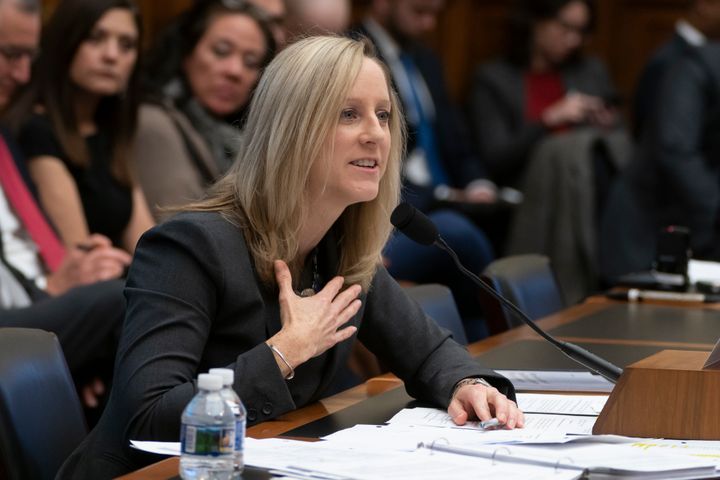News Release: CFPB Leaves Consumers Unprotected by Failing to Implement Payday Lending Rule Provisions
Consumer watchdog groups urged the U.S. Consumer Financial Protection Bureau (CFPB) in a letter sent today to take action immediately to implement the payment provisions in its payday lending rule, whose compliance date is August 19, 2019.






